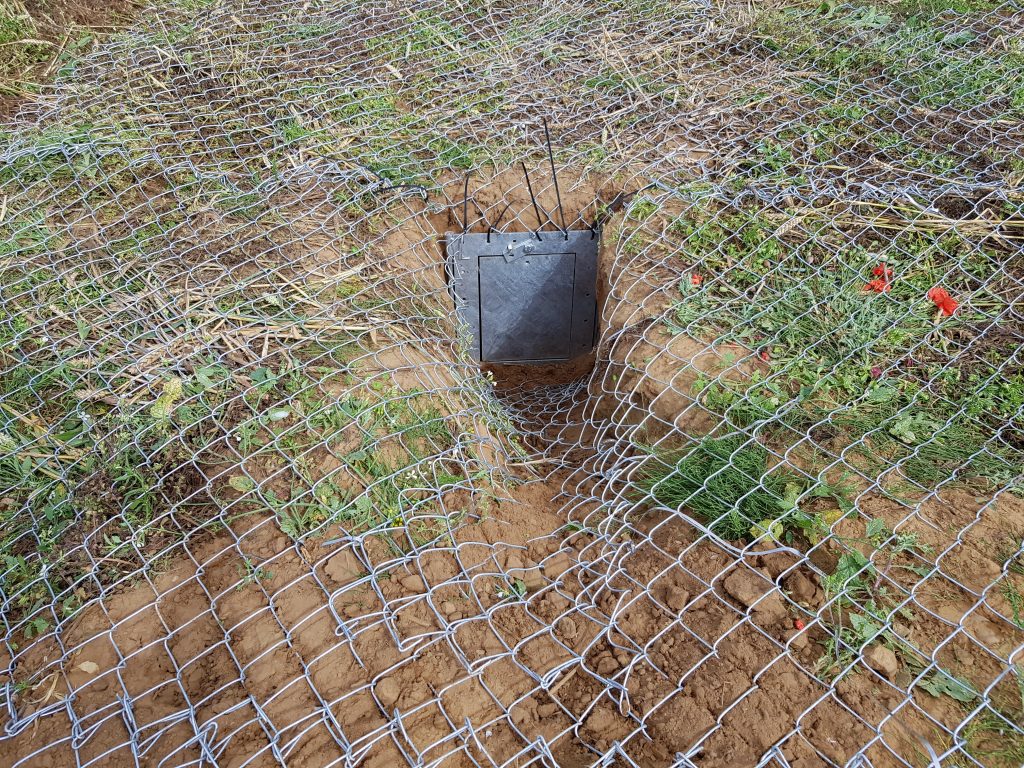We provide ecology surveys for planning, as well as ecological assessments & ecology mitigation schemes
Ecology services
It is important that potential ecological constraints are highlighted early on within a development project and ideally when initially assessing the viability of a site, before purchasing land.
Ecology surveys and reports are generally submitted along with planning applications and are a vital part of the development process. You may have been asked by your planning officer to provide an ecology survey, after submitting an application. If this is the case, we recommend you act quickly so that your application is not refused or withdrawn.
Ecological consultants will produce a detailed survey report on completion of the ecology survey. The report will include details of the survey findings together with a summary of the potential effects of the proposed development on habitats and species that may be present at the site, and suggestions for mitigating these effects. Any limitations to the survey or findings described will also be included in the report.
Ecological surveys should only be undertaken by qualified and experienced ecologists who hold the relevant licence(s). Surveys need to have met the requirements set by the Chartered Institute for Ecology and Environmental Management.
Ecology Surveys & Mitigation Services
We offer comprehensive support for the duration of your project. From initial desk-tops studies and preliminary walkovers to more in depth surveys for protected and other species, to practical help from our ecology surveys for planning, and implementing cost effective measures on sites.
Our guidance helps clients minimise project risks and avoid unnecessary costs, whilst avoiding or minimising adverse environmental impacts.
Please see our range of ecology services below and get in touch to see how we can assist with your site or project.
Services we offer:

Sectors We Work With
Residential
Waterways
Restoration & Regeneration
Industrial
Utilities
Leisure
Healthcare
Ports & Costal Development
Infrastructure
Retail
Education
Our team of ecology consultants provide support every step of the way, from ecology surveys to environmental impact assessments & ecology mitigation schemes
Ecological surveys identify habitats and/or species existing within an area at the present time. Most development proposals will likely have the potential to impact upon the local biodiversity of the proposed development site either through the loss of habitats, the reduced value of the habitat or through the ability of the habitat to support those species that rely on them.
Early identification of any environmental constraints ensures that development proposals do not get delayed and appropriate mitigation or compensations are incorporated into the design phase. Our ecological consultants will begin your preliminary ecological appraisal by organising a desktop data search from your local records centre, relevant to the location of your property, to ascertain if there are historical records of species on or nearby your site.
Next, we will visit your site to determine whether there is any requirement to carry out further detailed surveys to establish the presence or abundance of species. We will record and plot our findings in accordance with Extended Phase 1 Habitat Survey methodology.
At this stage of ecological survey and reporting we will determine whether any environmental constraints exist that would prevent your proposed development scheme from being implemented. We will also provide preliminary recommendations for mitigating these constraints. These recommendations will be fairly elementary if the need for additional studies has been determined.
Once we have completed the necessary additional surveys, our consultants will prepare detailed advice and mitigation. This secondary level of reporting is called an ecological impact assessment (EcIA).
Trusted By Clients Throughout The UK








Contact our ecology consultants
Looking for strategic ecological advice, surveys or mitigation schemes for your site?
Our team of ecology consultants are on hand to provide specialist advice on ecology surveys for planning or ecology mitigation schemes, as well as to ensure your project is delivered to the highest standards – on time, safely, within budget and with care for our environment and communities.

